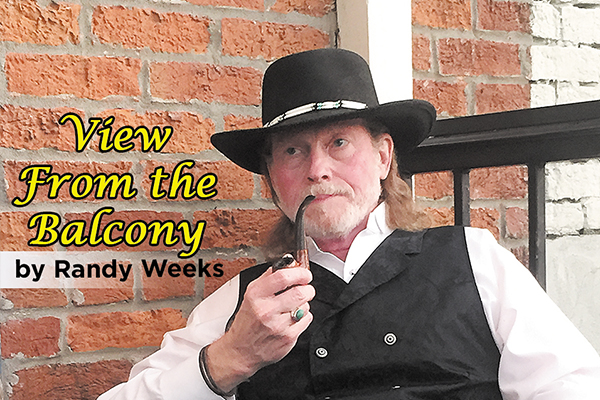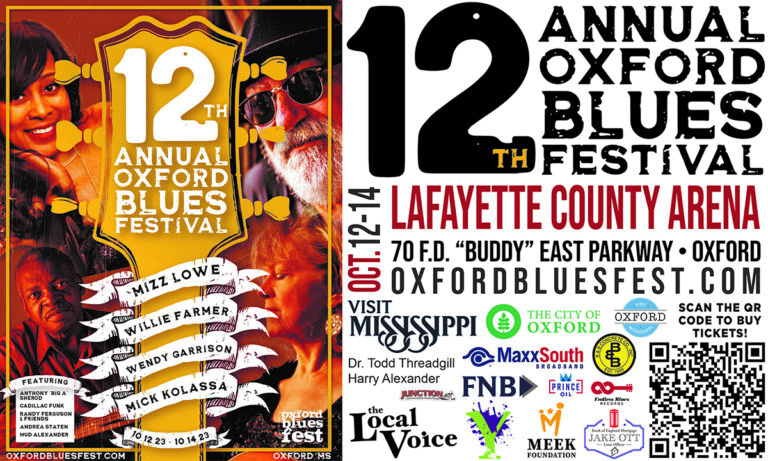
When I was growing up, to “take a knee” described what a quarterback did near the end of a game to run the clock out and seal a win. It was also a sign of respect for injured players on the field. Now, with the lead of Colin Kaepernick, former quarterback of the San Francisco 49ers, taking a knee is a silent protest against injustice in general and specifically injustices perpetrated on African-Americans. You’d just about have to be living under a rock to not know anything of the firestorm Kaepernick’s action led to.
In a 2016 pre-season NFL game, Kaepernick sat on the bench during the national anthem. Staff Sergeant Nate Boyer, formerly a Green Beret, long snapper for the Texas Longhorns, and Seattle Seahawks player, saw this and wrote an open letter to Kaepernick that is well worth reading. Here’s a brief excerpt:
I’m not judging you for standing up for what you believe in. It’s your inalienable right. What you are doing takes a lot of courage, and I’d be lying if I said I knew what it was like to walk around in your shoes. I’ve never had to deal with prejudice because of the color of my skin, and for me to say I can relate to what you’ve gone through is as ignorant as someone who’s never been in a combat zone telling me they understand what it’s like to go to war. Even though my initial reaction to your protest was one of anger, I’m trying to listen to what you’re saying and why you’re doing it . . .
Kaepernick and Boyer spent some time together talking this whole thing over. Of that conversation, Boyer wrote, “That’s how it all started with Colin and I, neither of us knew that kneeling would be the result of our conversation. Colin wanted to sit, I wanted him to stand, and so we found a common ground on a knee alongside his teammates.”
A second layer prompting the protests has to do with our national anthem. By all accounts, Francis Scott Key, who penned “The Star-Spangled Banner,” was pro-slavery and anti-abolitionist. While Key thought that blacks were mentally inferior to whites, thus deserving more “Christian kindness,” he also supported sending free blacks back to Africa.
In “Star-Spangled Bigotry,” an article by Jason Johnson in The Root, an English-language American online magazine of African-American culture, the third stanza of the “Star-Spangled Banner” contains prejudiced language that should make us rethink whether or not we should continue to use it as our national anthem. There’s much more to it than that, but not enough space here to do it justice, so look it up.
President Trump wants professional athletes who don’t stand for the national anthem to be benched or fired. He thinks they are disrespecting the flag and our armed forces. You may not give a tinker’s damn about my opinion, but I beg to differ. They are exercising their freedom of speech in a nonviolent protest that is as legitimate as the day is long. To force them to stand would be a Nazi-like tactic that would chip away at the freedoms our founders established and our armed forces fought for and still fight for today.
The freedom to hold peaceful protests and dissention without fear of government interference is built into the fabric of our nation. Such liberty bears witness to the strength of our nation and the basic principles of democracy. No one has to agree with taking a knee. No one has to like it. However, if the freedom to peacefully protest is infringed upon, we could be taking a goosestep that smacks of dictatorship.
Martin Niemöller was a prominent Protestant pastor who emerged as an outspoken public foe of Adolf Hitler and spent the last seven years of Nazi rule in concentration camps. Of his and others’ inaction toward the Nazis early on, Niemöller wrote: “First they came for the Jews and I did not speak out because I was not a Jew. Then they came for the Communists and I did not speak out because I was not a Communist. Then they came for the trade unionists and I did not speak out because I was not a trade unionist. Then they came for me and there was no one left to speak out for me.”
Thomas Jefferson said, “A little rebellion now and then is a good thing.” This rebellion should not be over the taking of a knee. It should be over the wrongs done to others. Taking a knee is a symbol. Injustice is the real issue. As long as injustice is perpetrated and tolerated we need rebellions. As for the besmirching and maligning of peaceful protests—we are fools to sit on our hands and turn a blind eye. We do so at our own peril.
And that’s the view from The Balcony.


